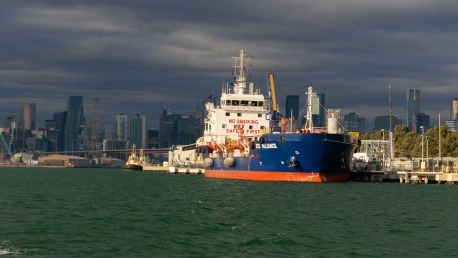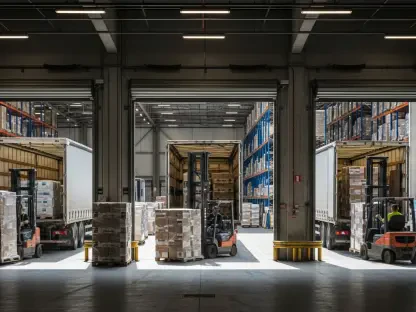Maritime Transport, one of the leading companies in integrated road and rail freight logistics within the United Kingdom, has taken a bold step into the future of zero-emission transportation. In a landmark decision, the company has announced the purchase of 18 battery-electric, 42-tonne tractor units. This move is not just about adding new vehicles to their fleet; it represents a paradigm shift in how the logistics industry approaches sustainability and environmental responsibility. The procurement of these vehicles aligns with a strategic plan to weave nearly 50 battery-electric and hydrogen fuel cell trucks into its expansive network – a clear indication that Maritime Transport is serious about its role in reducing greenhouse gas emissions and paving the way for cleaner air and roadways.
A Pioneer in Sustainable Logistics
The introduction of these eco-friendly heavy goods vehicles (HGVs) is an integral part of Maritime Transport’s vision to spearhead the logistics sector’s transition towards a less polluting future. With a robust range between 300km to 500km, these electric trucks are perfectly suited to take on critical tasks across the company’s strategic rail freight terminals and UK port operations. The significant investment further demonstrates Maritime Transport’s unwavering commitment to environmental stewardship, which extends to aggressively bolstering their rail services and optimizing the first and final mile deliveries with cutting-edge electric and hydrogen fuel cell technology.
Strategic Partnerships and Future Planning
Maritime Transport is making waves with its cutting-edge initiative bolstered by high-profile collaborations and government initiatives such as ZEHID and eFREIGHT 2030. Partnering with big names like Scania, Renault Trucks, and DAF, the initiative is geared toward integrating superior vehicle technology. Tom Williams of Maritime Transport aligns with these industry behemoths in a joint effort to drive forward innovation.The addition of a new, green fleet, expected between late 2024 and early 2025, is a step towards sustainable logistics, with the supporting infrastructure spreading across 41 sites. These electric and hydrogen-powered trucks are not just vehicles, but harbingers of an infrastructure metamorphosis that will underpin lasting sustainable development.Maritime Transport’s electric truck investment casts it as a pioneer in the shift towards a Net Zero future, offering a blueprint for eco-friendly innovation through collective industry efforts.









